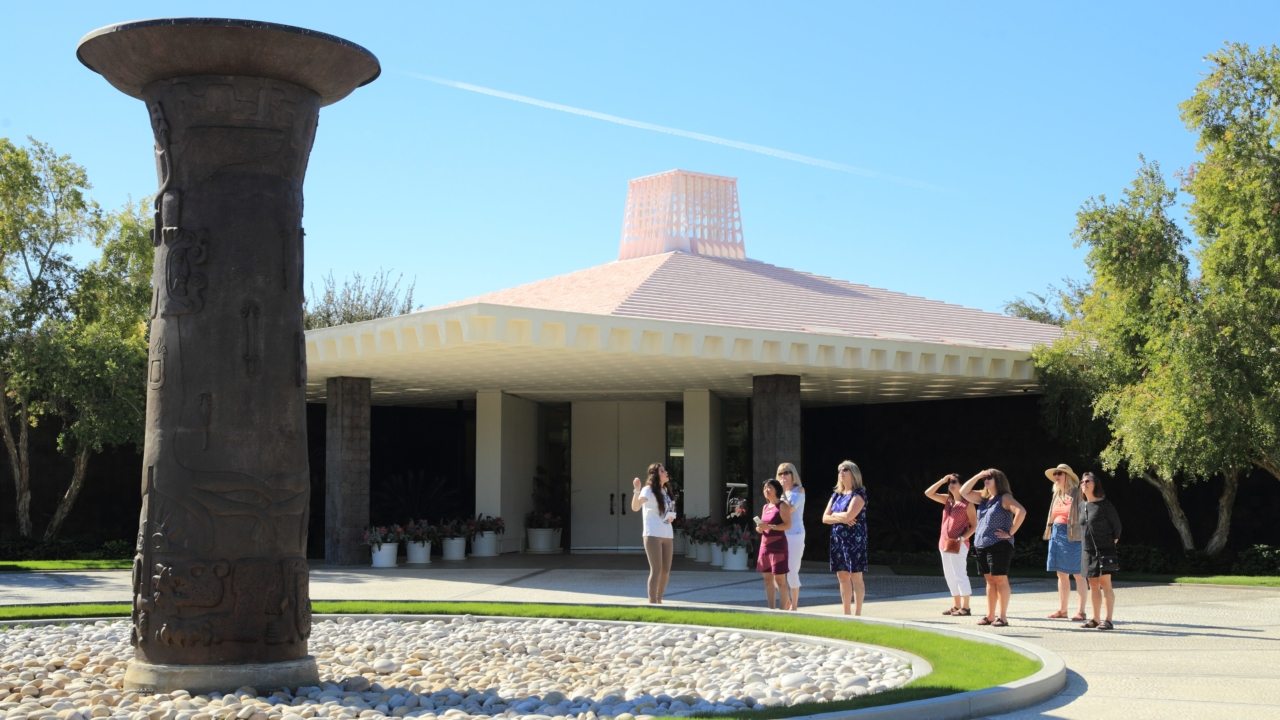Dr. Dawn Bonnell
Dr. Dawn Bonnell is the Vice Provost for Research at the University of Pennsylvania. In this capacity, Dr. Bonnell shapes policy and advances administrative initiatives for the University’s $1.4 billion research enterprise, as well as plays a leadership role in strategic planning for research and administers the development of new research facilities.
She also helps to oversee campus-wide research planning efforts, linkages between the University and industry, and the transfer of technologies from University laboratories to the public sector. In addition, she governs the research activities of Provostial Centers and Institutes, particularly those involving interdisciplinary collaboration.
She serves in advisory roles for federal agencies, including the Department of Energy, the National Institute of Health, National Science Foundation, and several national laboratories.
Dr. Bonnell is a Henry Robinson Towne Professor of Engineering and Applied Science and a member of the Materials Science Department. In 2004, she became the founding Director of the Nano/Bio Interface Center, which provided over $30 million to bring together researchers across Penn’s Schools to study the intersections of technology and biology at the nanoscale or molecular level. In this role, she established partnerships with national and international institutions, led the creation of new academic courses and a degree program, and advanced work force development and diversity programs.
An editor of seven books and an author of more than 200 papers, Dr. Bonnell was elected in 2013 to the National Academy of Engineering; is one of only seven awardees of the Staudinger-Durrer Medal from the Swiss Federal Institute of Technology; and has served as President of the American Vacuum Society, Vice President of the American Ceramic Society, and served on the Board of the American Institute of Physics. Her work has been recognized by a Presidential Young Investigator Award from the National Science Foundation, the Robert B. Sosman Award, and Ross Coffin Purdy Award from the American Ceramic Society, the Distinguished Alumni Award from the University of Michigan, and numerous other awards and prestigious national and international lectureships.
Her research focuses on the properties of surfaces, especially at the atomic scale, with wide implications for understanding the behavior of devices from biosensors to solar cells to computer processors. She earned a PhD, MS, and BSE in Materials Science and Engineering from the University of Michigan and studied on a Fulbright Scholarship at the Max Planck Institute in Stuttgart, Germany.



